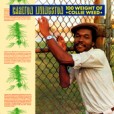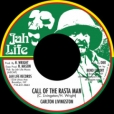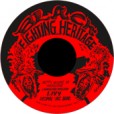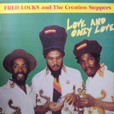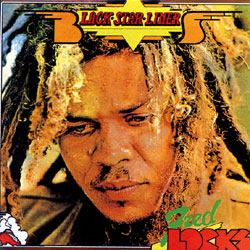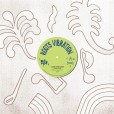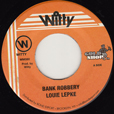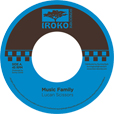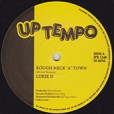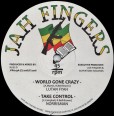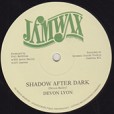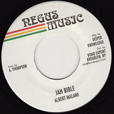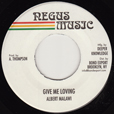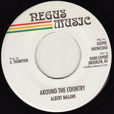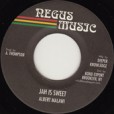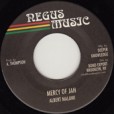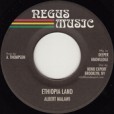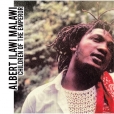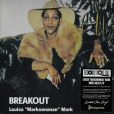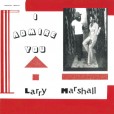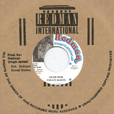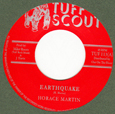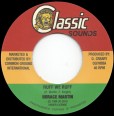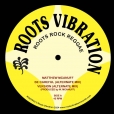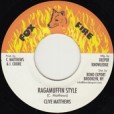Your basket is empty

Heavy Lloydie Coxsone production (with Sly, Horsemouth, Malawi, Bagga, Chinna, McCook and the rest), featuring Shaka favourites like Homeward Bound and Voice Of The Poor. Tougher than the classic Black Star Liner album.
The original Randy’s version is a desert island disc — and nearly twenty years later this a magnificent do-over by way of the Black Ark, originally released by Tony Owens’ Seven Leaves, in Kensal Rise.
1990 digi killer by Leicester’s finest, originally out on the Japanese Tachyon label run by Bullwackies cohort Sonny Ochiai. Classic.
Solid early-eighties Channel One, tooled to rock a dance, and till now played exclusively on dubplate by Jahlovemuzik.
Excellent uptempo digi, with burning horns and a decent dub. No sitar and tablas, unfortunately.
